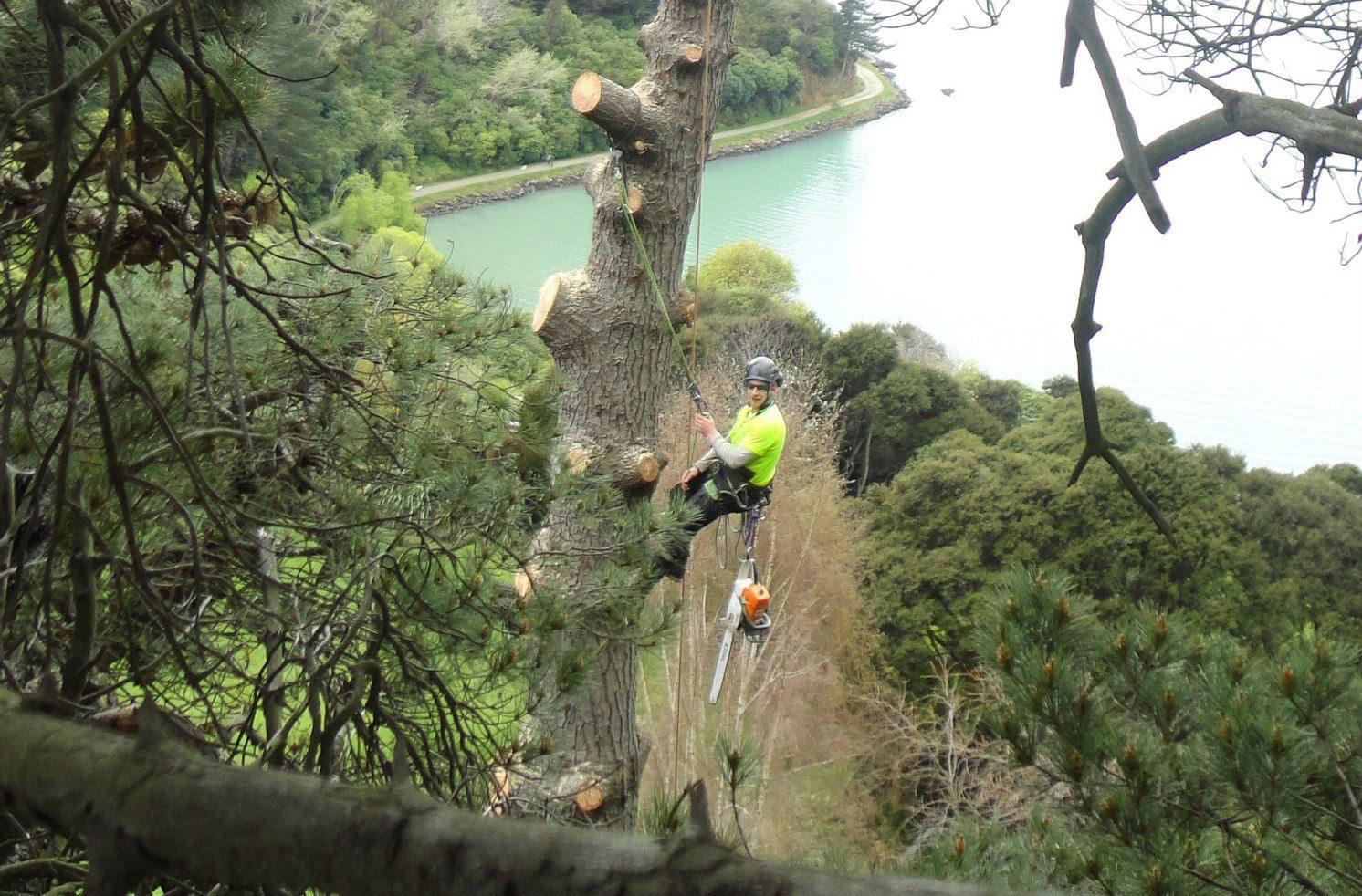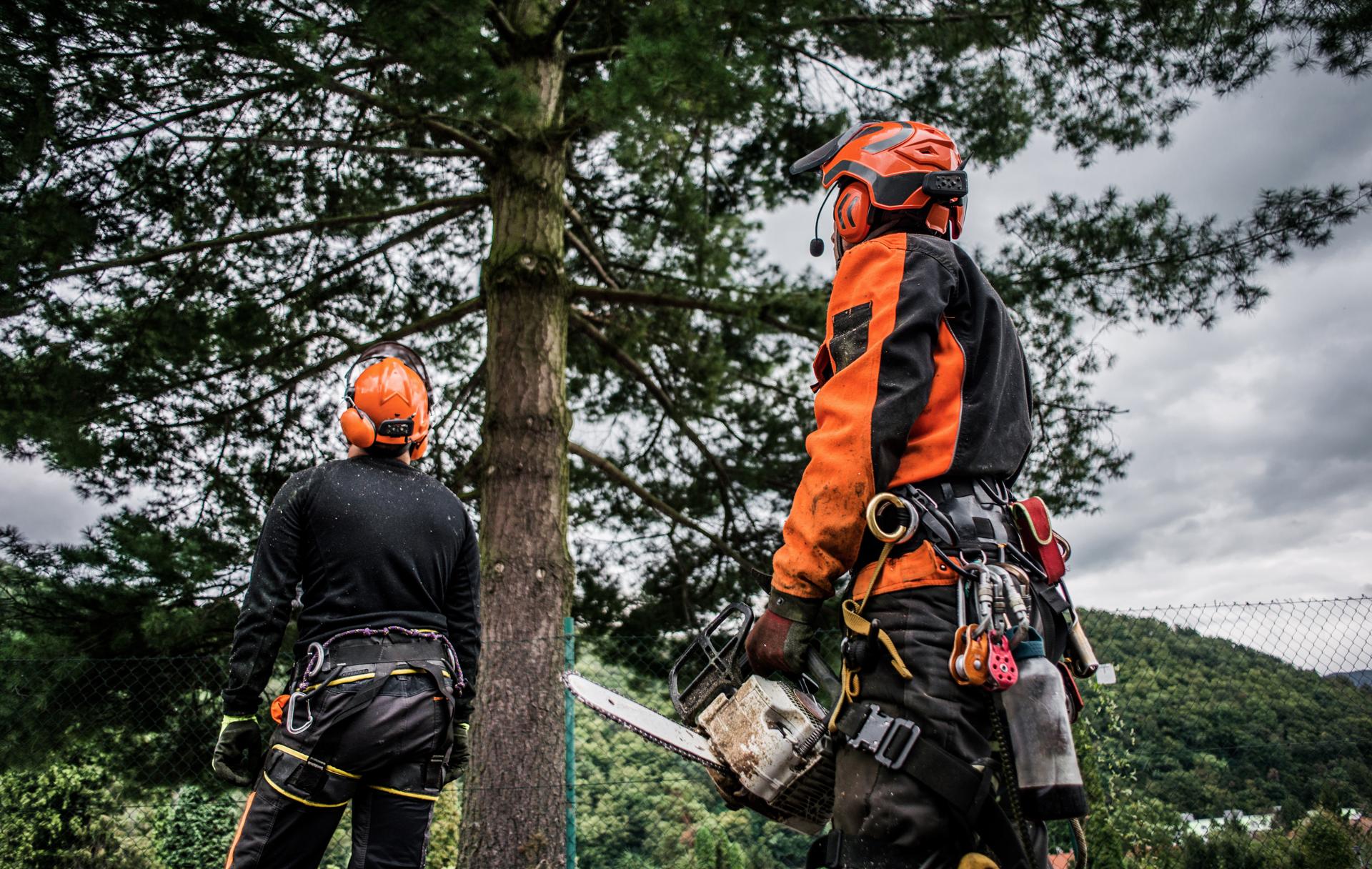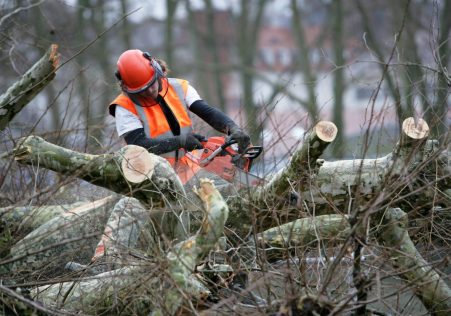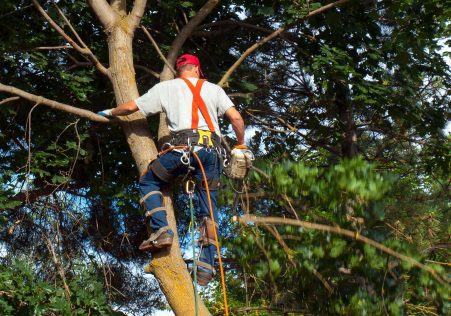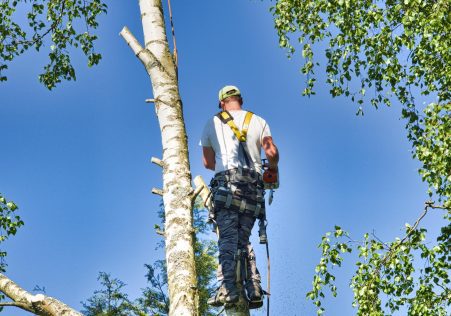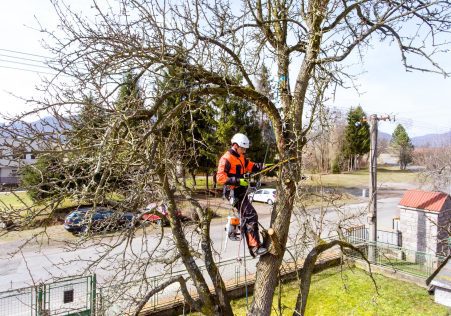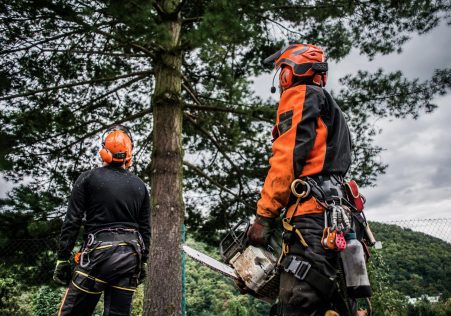Determining the Duration of Time for Roots to Rot After Cutting
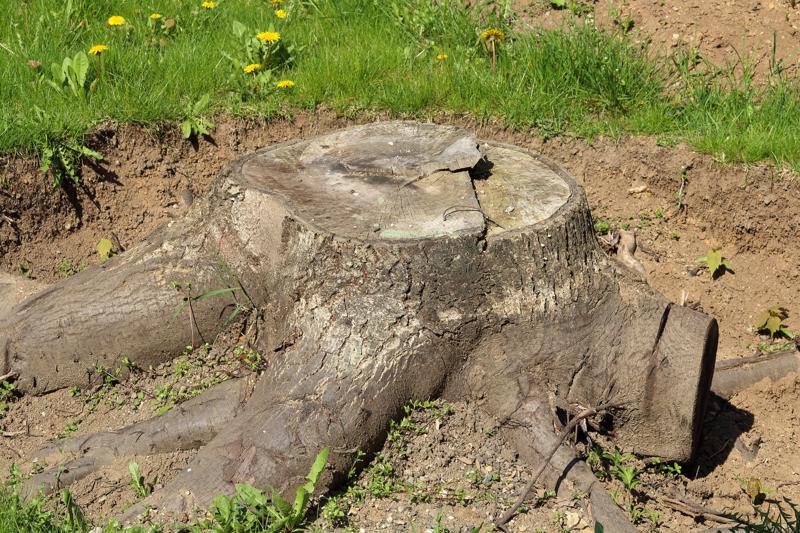
The tree’s roots play a crucial function to provide support and nourishment to trees However, how do they react when a tree is removed? How long does it take before the root system begins to decay in the ground, and what impact will this impact the area around it? We’ll examine the root decay process and address many frequently asked questions regarding the roots of trees.
Understanding Tree Root Decay
Tree roots may take a long time to decay, based on a variety of variables like how big the roots as well as the type of tree, and the surrounding conditions. The process of root decay begins immediately after a tree is fell or cut down, and is caused by a combination of factors such as humidity, temperature, along with the presence of decomposers, such as bacteria and fungi.
Factors that Influence Root Decay
Size of the roots: Larger roots are more likely to decay compared to small ones.Type species of the tree Certain species of trees have tougher sturdy roots that take longer to decay than other species.
Environmental conditions: Roots will break down more quickly in humid, warm climates as compared to cooler, dry ones.
The impact of tree Root Decay
When tree roots rot and die, they release nutrients into the soil, which can be beneficial for other plants in the area. However, the decaying of roots could also cause problems for landscaping and structures in the surrounding area. For instance, decomposing roots may cause settling or shifting of driveways, sidewalks, and other hardscaping features.
Delay Prevention
To avoid problems from root decay, it’s essential to remove any dead or sickly trees from your property as soon as is possible. In some instances it could be necessary to take out the roots in order to avoid settlement or shifting of structures nearby. If you’re not sure of how to proceed, consider calling a professional tree removal service such as Hawkesbury Aborist for help.
Frequently asked questions
How long will it take for the tree’s roots to rot in the ground?
The length of time required for tree roots to rot in the ground may vary depending on several aspects, including how big the root and the kind of tree, and environmental conditions. In general, it could take many years for roots to fully decay.
What happens to the soil’s nutrients? the soil after tree roots decay?
If tree roots begin to decay they release nutrients to the soil. This can be beneficial for other plants in the area.
Are decaying tree roots causing problems for nearby structures?
Yes, decaying tree roots can cause settling or shifting of sidewalks, driveways, and other hardscaping elements. To prevent these issues it is essential to get rid of any dead or diseased trees from your property as quickly as possible.
Conclusion
In the end, it is important to note that tree roots can take a few years to completely decay in the ground, and the process of decay can have both positive and negative impacts on the surrounding area. If you’re worried about decaying tree roots or require assistance in tree removal, think about calling an experienced tree removal company like Hawkesbury Aborist. Our team of highly skilled and knowledgeable arborists has the most modern tools and equipment to safely and efficiently remove the trees and their roots. Contact us now by dialing 0480 024 267 for a free estimate in Hawkesbury.
Do not risk damaging your property or endangering yourself by attempting to remove a tree on your own. Let the experts at Hawkesbury Aborist handle it for you. Our team of highly skilled and experienced arborists is equipped with the most modern tools and equipment to safely and efficiently remove the tree and its roots. When you require tree removal or tree pruning, trimming or another arborist service Hawkesbury Aborist is here to help. Don’t wait any longer and call us at 0480 024 267 for a free estimate in Hawkesbury. Rely on the experts of Hawkesbury Aborist to handle all your tree requirements and guarantee the safety and aesthetics on your home.

